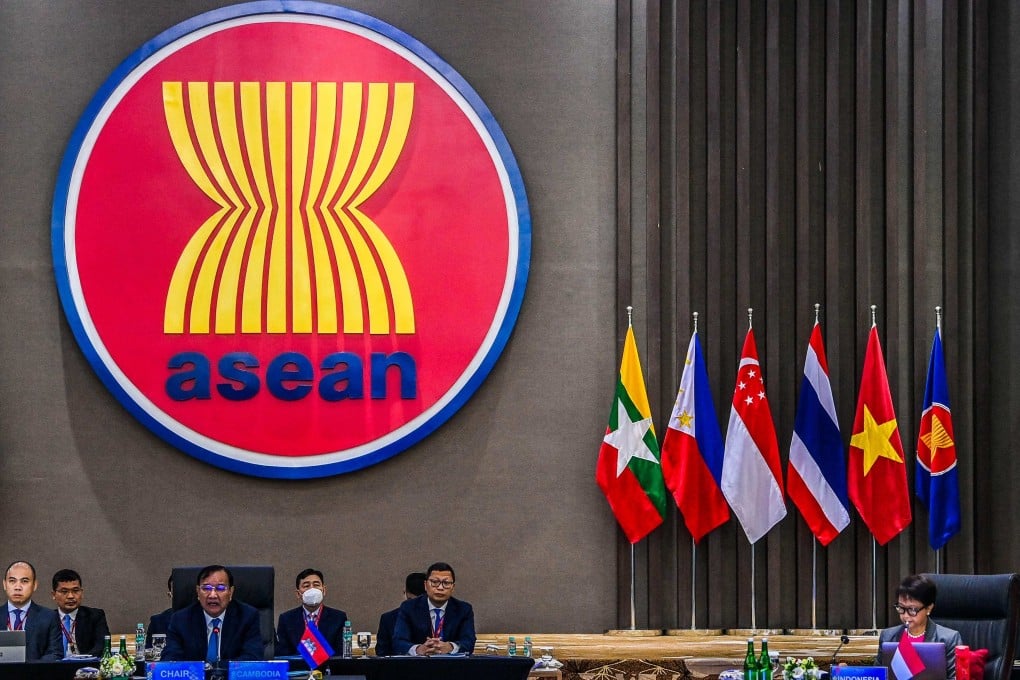Advertisement
Will Asean norms, absence of Malaysia’s top diplomat doom Myanmar peace plan?
- Pressure is growing for the bloc to push the junta to fulfil a peace plan, but analysts say Asean is stymied by its rules on consensus and non-interference
- Malaysia’s coming election could also affect Asean’s already limited ability to respond to Myanmar’s crisis if a new coalition takes a ‘less active role’ and replaces vocal foreign minister Saifuddin Abdullah
Reading Time:4 minutes
Why you can trust SCMP
4

As frustration builds within Asean on the lack of progress in solving Myanmar’s political crisis, concerns of an “internal rupture” and the coming Malaysian election could affect the bloc’s ability to pressure the junta at the regional leaders’ summit next month, analysts say.
When Southeast Asian foreign ministers met last week, they said they were “even more determined” to push the junta to fulfil a peace plan to stop violence and bloodshed that has been ongoing since the coup in February last year.
Absent at the meeting was Malaysian foreign minister Saifuddin Abdullah, one of the strongest advocates on pressing Asean to take firmer measures on Myanmar and calling for more engagement with the country’s ousted lawmakers. Malaysia is due for a general election on November 19.
Advertisement
Lucas Myers, programme coordinator and associate for Southeast Asia at The Wilson Center’s Asia Programme, said Asean’s statement after the Thursday meeting reflected both frustration with the junta and growing pressure to act more forcefully on the Myanmar crisis. “But it does not signal more tangible steps before November’s meeting,” he said.
While there was a chance Indonesia would take a more forceful stance when it assumes the chair next month, Myers said “it is unlikely that Asean can escape the limitations imposed by its norms on consensus and non-interference”, pointing out that the more authoritarian countries in the bloc opposed acting more forcefully against the junta.
Advertisement
Select Voice
Select Speed
1.00x